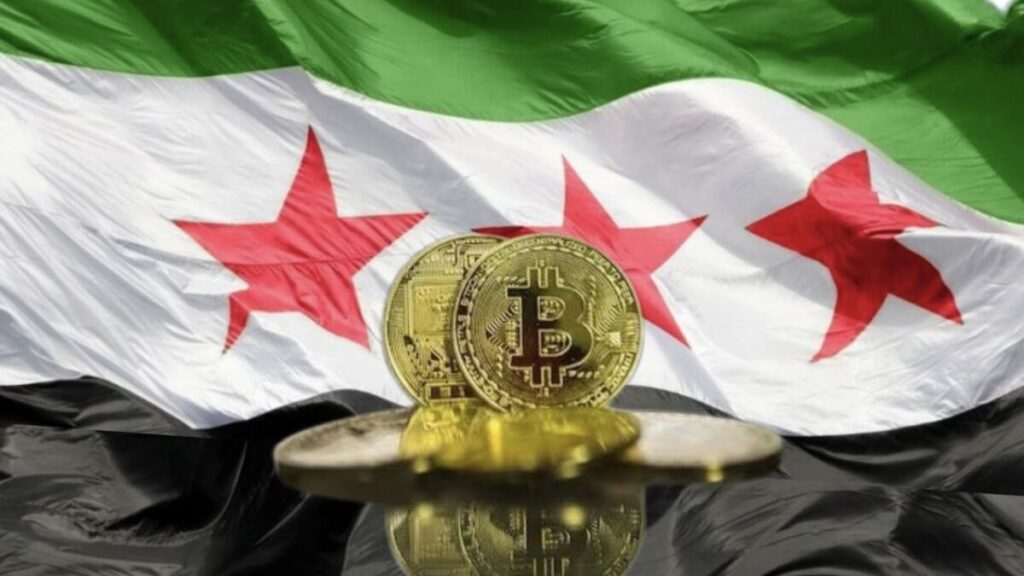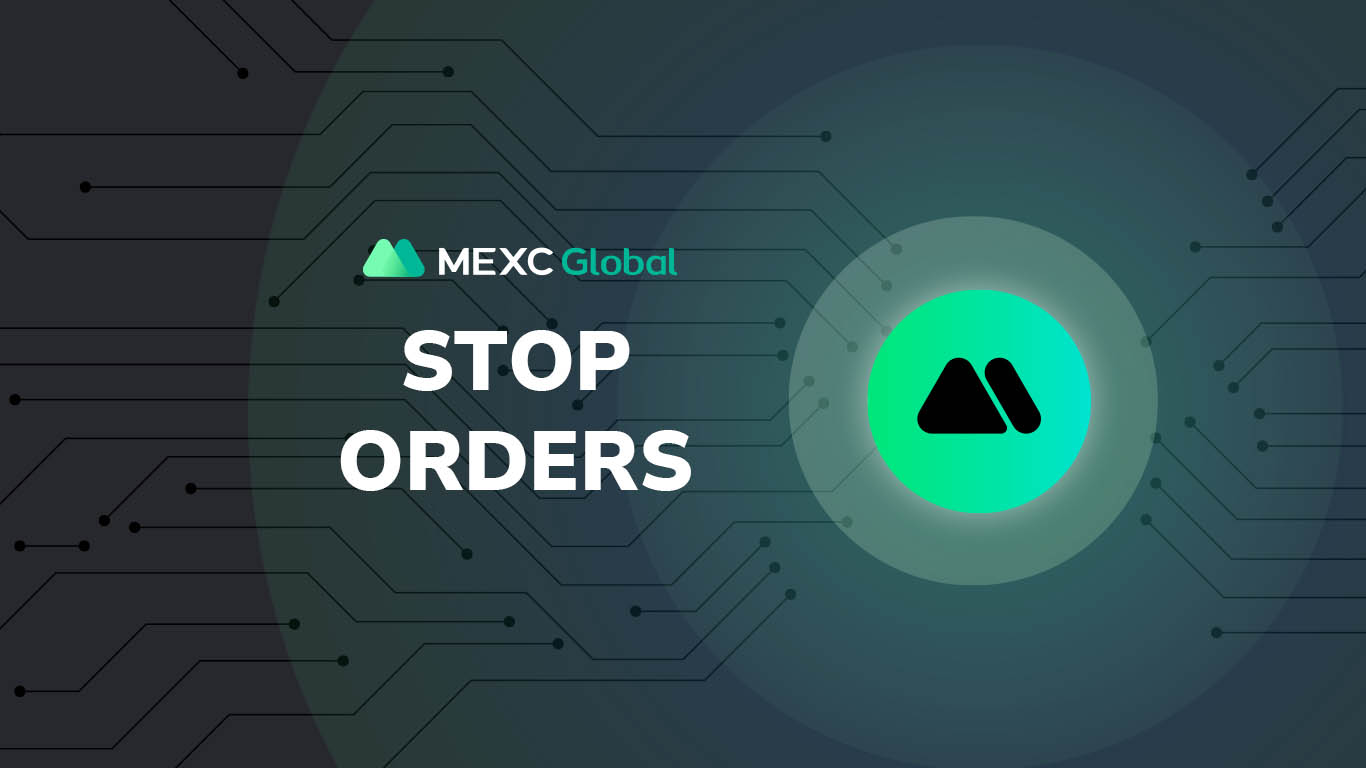Syria in 2025: A Nation in Ruins, Reaching for Reform
In 2025, Syria remains economically devastated. After over a decade of civil war, sanctions, and isolation, the country is grappling with massive inflation, a collapsed banking system, and staggering unemployment. The Syrian pound (SYP) has lost nearly all of its purchasing power, and basic imports like fuel, medicine, and food are prohibitively expensive for most households. Despite the formation of a transitional government led by Ahmed al-Sharaa, the road to recovery is slow and riddled with obstacles.
Table of Contents

However, amidst the despair, there is a growing sense of possibility. A new generation of Syrian engineers, economists, and technologists is turning to cryptocurrency and blockchain as a path to survival and sovereignty. While foreign banks still restrict access, and legacy systems crumble, digital finance offers an alternative ecosystem—borderless, secure, and censorship-resistant.
The SCER Digital Pound Plan: A New Currency for a New Syria
One of the most ambitious proposals comes from the Syrian Centre for Economic Research (SCER)—a non-governmental, apolitical think tank. In a groundbreaking policy paper, SCER introduced a framework for cryptocurrency regulation in Syria, including the creation of a digital Syrian pound backed by hard assets such as gold, Bitcoin, and the U.S. dollar.
Key Features of the SCER Proposal:
- A blockchain-based digital currency, issued independently of traditional central bank systems.
- Asset backing: A combination of USD, BTC, and gold to stabilize value.
- Legal recognition for crypto exchanges and mining operations within Syria.
- Institutional support from engineers, legal experts, and Saifedean Ammous, the U.S.-based economist known for The Bitcoin Standard.
- Gradual replacement of the narco-funded economy that dominated under the former Assad regime.
The SCER’s vision is not just financial—it’s ideological. It seeks to decentralize power, increase transparency, and rebuild public trust through immutable, auditable blockchain ledgers.
Crypto on the Streets: Real Use Cases in Syria Today
Even without government approval, Syrians are already using crypto on a day-to-day basis. It’s not theory—it’s reality, driven by necessity.
How Syrians Use Crypto:
- Protecting savings: Convert fast-depreciating SYP into stablecoins like USDT.
- Receiving remittances: Diaspora families send funds via wallets instead of high-fee remittance services.
- Paying freelancers: Online workers are now often paid in BTC or USDT for services on platforms like Upwork and Fiverr.
- NGO and humanitarian aid: Crypto wallets allow direct, transparent transfers to citizens without government mediation.
- Trading and commerce: P2P crypto marketplaces are used to buy, sell, and barter goods locally.
Despite the legal gray zone, thousands of Syrians are actively using platforms like Telegram P2P groups, local OTC brokers, and popular exchanges via VPNs to access these tools. With smartphones and basic mobile wallets, crypto is becoming the de facto financial infrastructure for many.
How to Start with Crypto in Syria: A Step-by-Step Guide
For Syrians looking to join the crypto economy in 2025, here’s how most users are getting started:
Step 1: Download a Crypto Wallet or Use the one on the Exchange
Popular choices include:
- Trust Wallet – Lightweight, supports USDT (TRC-20), ideal for mobile users.
- MetaMask – Good for Ethereum-based tokens and DeFi.
- Exodus – Easy to use, supports multiple blockchains including Bitcoin and Tron.
- Wallet in the Exchange Account – Combine Trading, Earning and Holding Crypto Safely in one place
Step 2: Buy Crypto via P2P
Access methods:
- Use Popular Exchanges (CEX or DEX)
- Telegram groups with local traders
- Friends or relatives abroad sending funds
- Trusted OTC agents in cities like Damascus, Aleppo, and Homs
Preferred tokens:
- USDT (TRC-20) – Fast, cheap, and stable
- BTC – Long-term hedge against inflation
- TRX – Widely used for low-cost transfers
Step 3: Trade Safely and Protect Yourself
- Always use VPNs and Two-Factor Authentication (2FA)
- Check trader reputations before sending funds
- Use cold wallets for long-term storage
- Never share private keys or passwords
Crypto Mining: Syria’s Untapped Digital Goldmine
With widespread blackouts and decimated industrial capacity, it may seem unlikely that Syria could support a mining economy—but the opposite might be true. SCER has proposed turning Syria into a regional hub for crypto mining, based on a few key advantages:
- Low electricity costs due to underused grids
- Cheap labor and hardware accessibility thanks to currency devaluation
- Geopolitical interest from crypto investors willing to fund infrastructure in exchange for tax breaks
- Potential legal recognition from the new government once stability improves
If implemented wisely, crypto mining could become a non-extractive, non-narcotic revenue source for rebuilding Syria’s economy.
Is Crypto Legal in Syria?
As of mid-2025:
- Crypto is not officially legalized, but it is not criminalized either.
- The transitional government has not formally adopted the SCER proposal.
- Crypto use continues underground but widespread, especially in urban areas.
- VPN usage and anonymity are essential for users to avoid scrutiny.
While there’s no legal clarity yet, global crypto interest is rising, and Syria’s digital future may become harder for authorities to ignore.
MEXC Exchange: Opening Doors for Syrians
One of the most critical developments in 2025 for Syrian crypto users is the removal of regional restrictions by MEXC, a top-10 global cryptocurrency exchange.
What MEXC Now Offers to Syrian Users:
- Full access to spot and futures trading
- Support arabic and farsi languages
- Staking and yield farming
- DeFi token listings with global liquidity
- Robust USDT wallets and transfer features
- 24/7 support and mobile access
- No KYC lockout based on IP region—Syrians can register and trade freely
This move is significant. Other major exchanges, have maintained strict restrictions on Syrian accounts due to compliance with international sanctions. MEXC’s decision marks the first major gateway for Syrians to participate in legitimate crypto markets without needing to spoof their location. For everyday users, this means:
- Faster access to capital
- Real-time price discovery
- Ability to store stable savings outside banks
- Global market integration for Syrian developers and traders
In many ways, MEXC has become the only bridge between Syria and the international crypto economy, earning it rising popularity across Telegram trading channels and tech forums.
Final Thoughts: A Nation at the Crossroads
Syria’s economy is shattered, but hope is quietly re-emerging—not from government bailouts or foreign intervention, but from the resilience of ordinary people, and the power of open, decentralized finance.
From Damascus engineers working on Ethereum forks to students in Idlib running USDT trading desks, crypto is not a future possibility—it is Syria’s financial present. With the SCER pushing for reform, and platforms like MEXC removing access barriers, the pieces are falling into place for a grassroots digital revolution.
Crypto will not solve all of Syria’s problems. But it may give people control over their savings, provide new jobs, restore dignity, and plant the seeds for long-term independence.
In a country long cut off from the world, Bitcoin, blockchain, and stablecoins are becoming tools of freedom, recovery, and survival.
Join MEXC and Get up to $10,000 Bonus!
Sign Up


